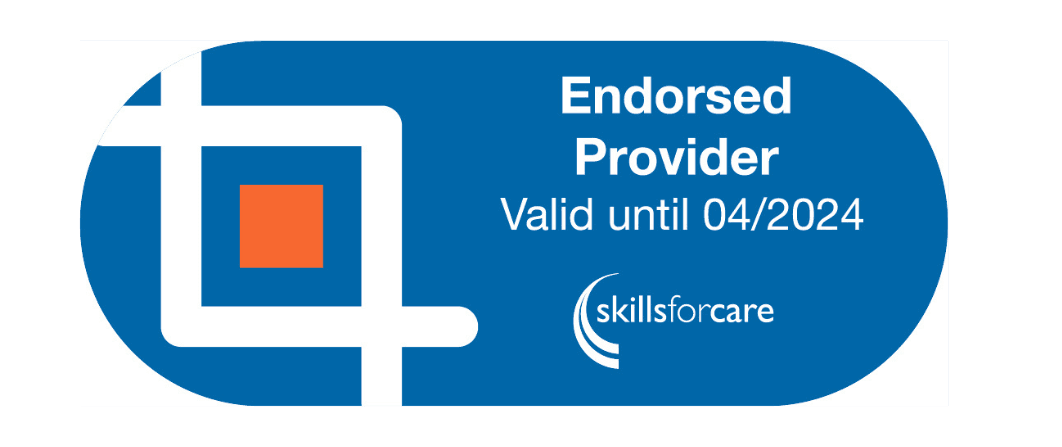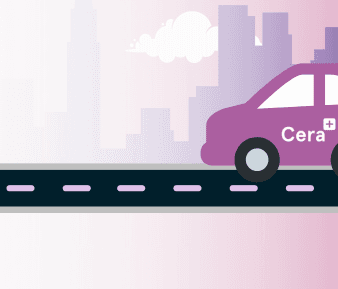Why Cera


Why work at Cera?

Care at Cera is a career, not just a job
We want our carers to see their profession as one with meaning, where they feel rewarded, can develop their skills and progress whilst truly make a difference. In 2024, 45% of our salaried ops vacancies were filled by promoting from within, with 55% of these promotions being Carers into salaried roles.

We support you and your wellbeing.
We take the burden off daily challenges through our employee benefits, so you can truly focus on caring. We support you to ensure you have a good work/life balance and in 2023 we introduced enhanced parental leave policies.

We make it easier for you to care
By bringing care into the 21st century, we reduce administrative tasks by using technology, this technology also helps us to improve outcomes - reducing hospitalisations and falls for our service users and reduce pressure on the NHS.

Cera Academy
Our Cera Academy offers a blended approach to suit all learning styles and we offer a range of recognised qualifications from Level 2 through to level 7. Our training programme is endorsed by Skills for Care.


Great benefits to support you every day
Our "BHN Extras" platform and eligibility for the Blue Light card gives great offers and discounts to assist with the cost of living. We also have an exclusive set of benefits linked directly to driving with great savings on Car Insurance, car maintenance & more.

More time to care
As a professional carer, you just want to care. Our app reduces the time you have to spend on admin duties so you can spend more time caring.

Career development opportunities
In a fast growing business like Cera there are loads of opportunities to progress, we have nurse led services so that you can become a specialist carer or there are opportunities to work your way into co-ordinator, management and training positions.

Enhanced parental policies
At Cera we are committed to supporting staff during significant life events. With enhanced Maternity, Adoption and Paternity pay.

Stay connected
Our Cera Technology has instant messaging; giving quick responses to our care professionals and the opportunity for families to stay connected and access visit information.

Personal satisfaction meets professional reward
Care is one of the most rewarding jobs you can do, we also recognise key professional achievements every day through our Cera Stars monthly awards and long service recognition schemes.

Your health & wellbeing matters
We have an Employee Assistance Programme, Mental Health hotline and an eyecare scheme to support your wellbeing

Make a positive impact
Being a carer at Cera means you not only make an impact on the lives of those you care for, but on society as a whole as we transform social care and reduce pressure on the NHS

